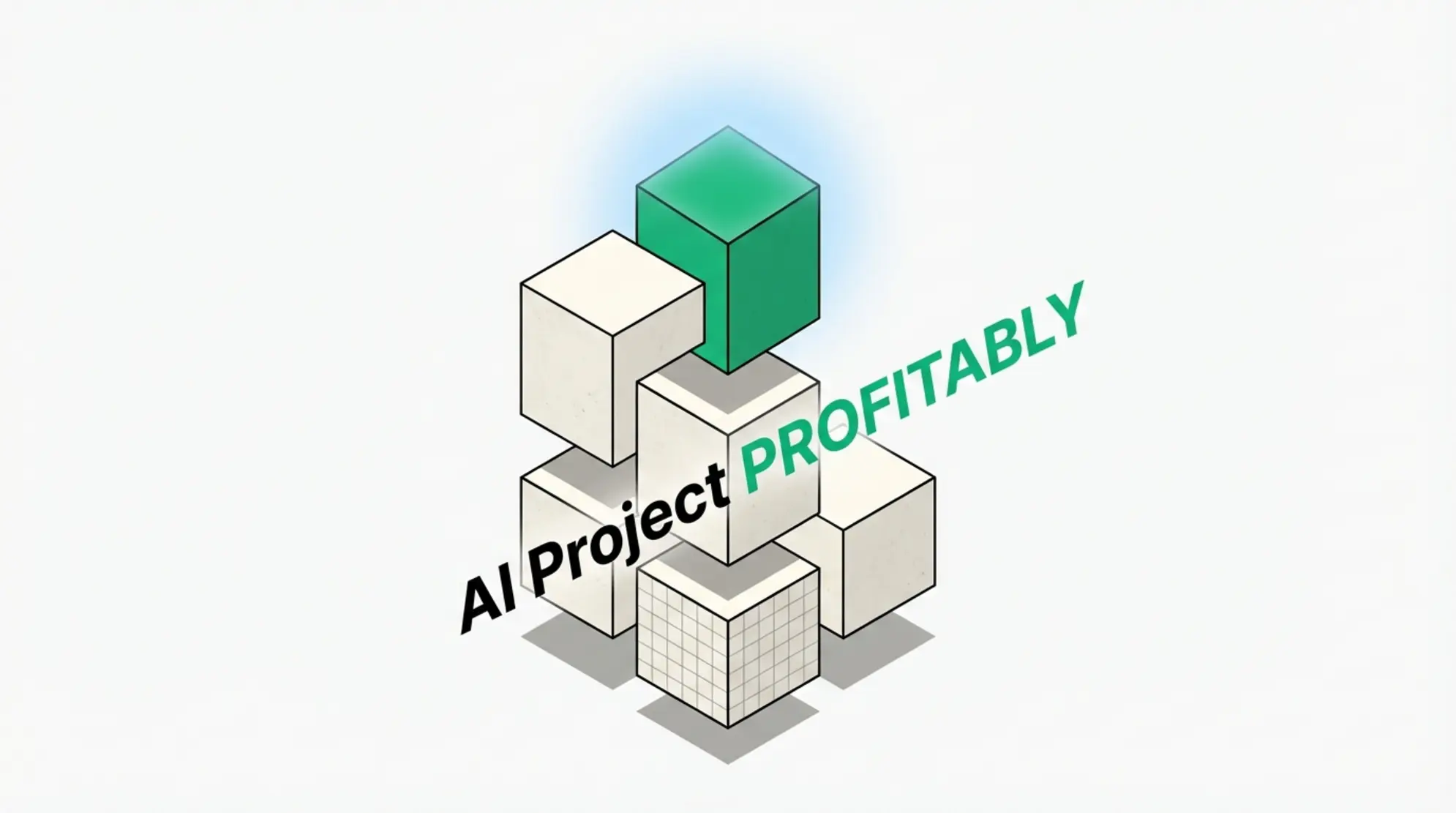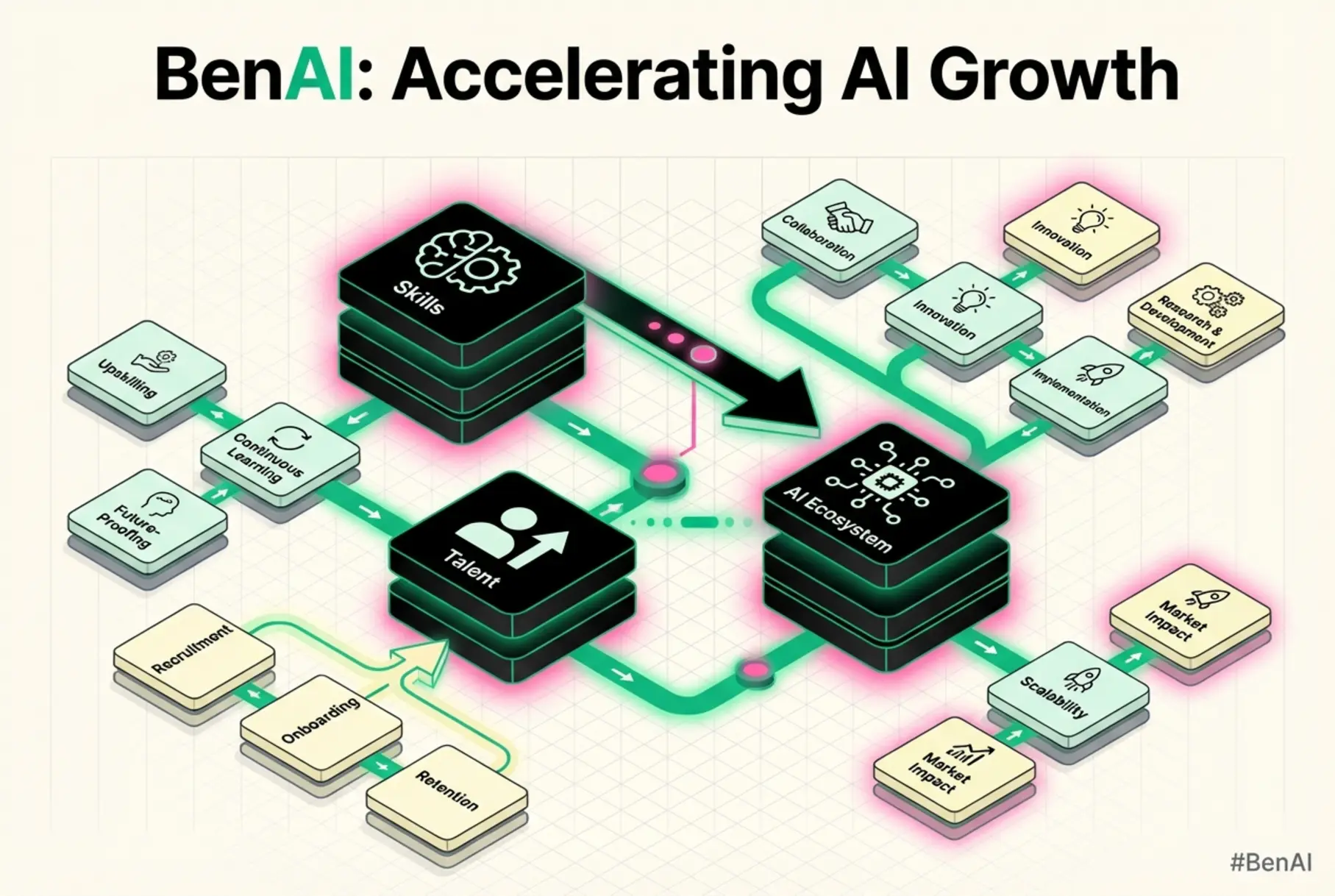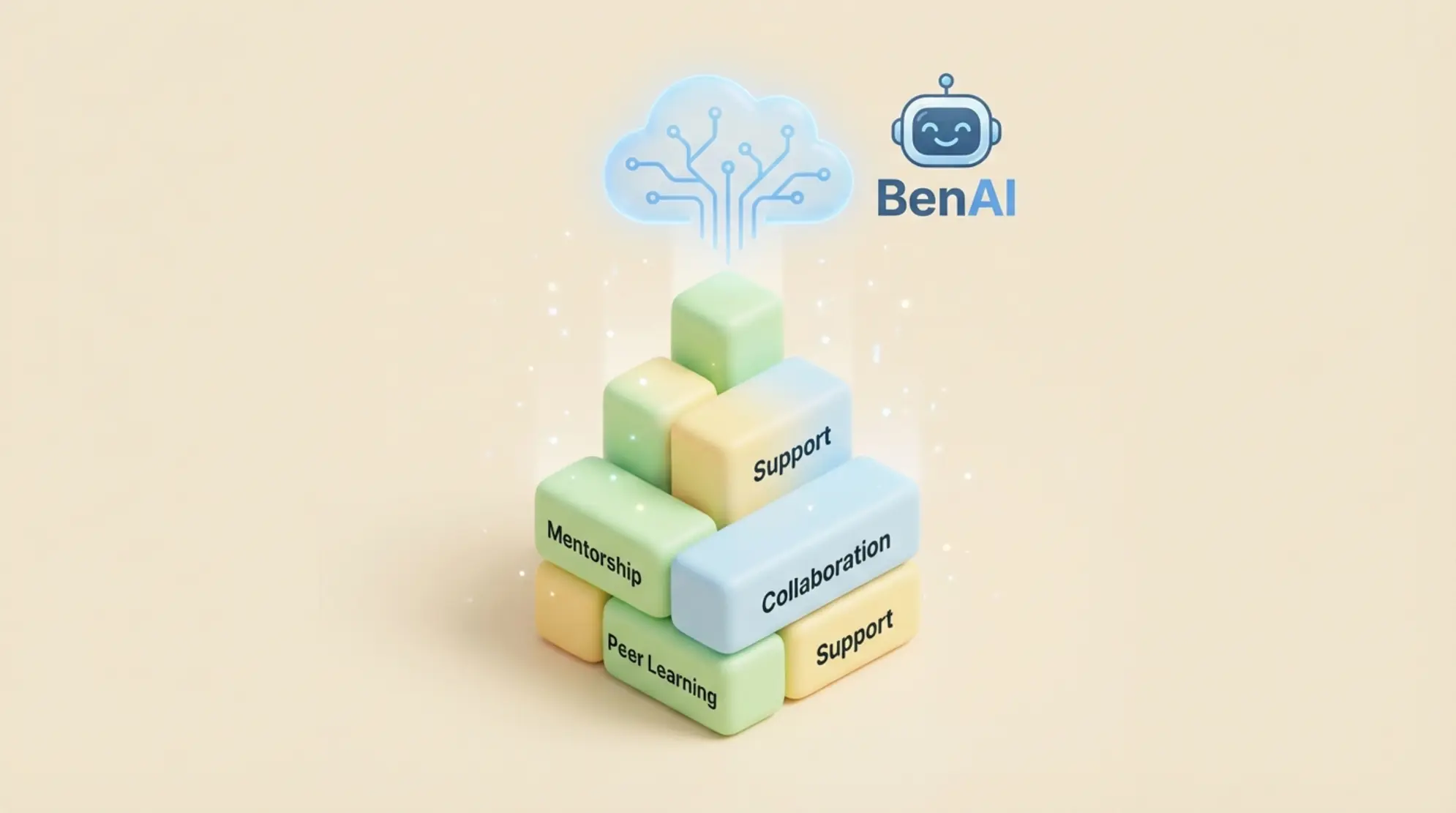You're past the "what is AI?" articles. You know it's reshaping marketing. Now, you're at the critical evaluation stage, asking the real questions: How can AI scale content that actually nurtures leads and drives decisions? How do we move beyond generating basic blog posts to creating a sophisticated content engine that fuels the entire customer journey?
The challenge isn't a lack of tools—it's the lack of a clear, strategic framework. Scaling relevant, personalized content for the middle of the funnel (MOFU) across email, social media, and video is a notorious growth bottleneck. This is where prospects compare, question, and decide. And this is where AI, applied intelligently, offers a definitive competitive advantage.
This guide provides that framework. We'll move beyond the hype to explore how you can use AI to craft a comprehensive content strategy that resonates with decision-makers, builds confidence, and accelerates growth.
Decoding Middle-Funnel Intent with AI
Before you can create content that converts, you need to deeply understand the mindset of a prospect in the evaluation phase. They've moved from awareness to consideration. Their needs are more specific, and their questions are more pointed.
AI excels at identifying these nuanced needs at scale. By analyzing data from your CRM and marketing platforms, AI can help pinpoint key MOFU intent signals:
- Comparative Needs: Prospects are actively comparing your solution against competitors. They're looking for feature breakdowns, pricing comparisons, and clear differentiators.
- ROI Questions: They need to justify the investment. Content that addresses potential return on investment, efficiency gains, and long-term value is crucial.
- Objection Handling: They have concerns and hesitations. AI can help identify common objections from sales calls or support tickets, allowing you to create proactive content that addresses them.
Instead of guessing, you can use AI to generate data-driven content briefs for comparison guides, personalized email follow-ups, and case study variations that speak directly to the questions your audience is already asking.
AI for High-Impact Email Marketing: Nurturing Leads to Conversion
While many marketers use AI for email, the real opportunity lies beyond crafting clever subject lines. For the middle funnel, email is a powerful nurturing tool, and AI can transform it from a broadcast channel into a personalized consultation. With seven out of ten marketers already using AI, strategic depth is what sets you apart.
Advanced AI applications in email marketing focus on:
- Hyper-Personalized Sequences: AI can trigger automated email flows based on user behavior—like visiting a pricing page or downloading a comparison guide—and then populate those emails with dynamically generated content relevant to that specific action.
- Intelligent A/B Testing: Move beyond testing a single headline. AI allows you to test entire email flows, different value propositions, and varied calls-to-action to learn what truly drives engagement and moves prospects forward.
- Predictive Optimization: Some platforms use AI to predict the best time to send an email to an individual or to identify leads who are most likely to convert, allowing you to focus your efforts where they'll have the most impact.
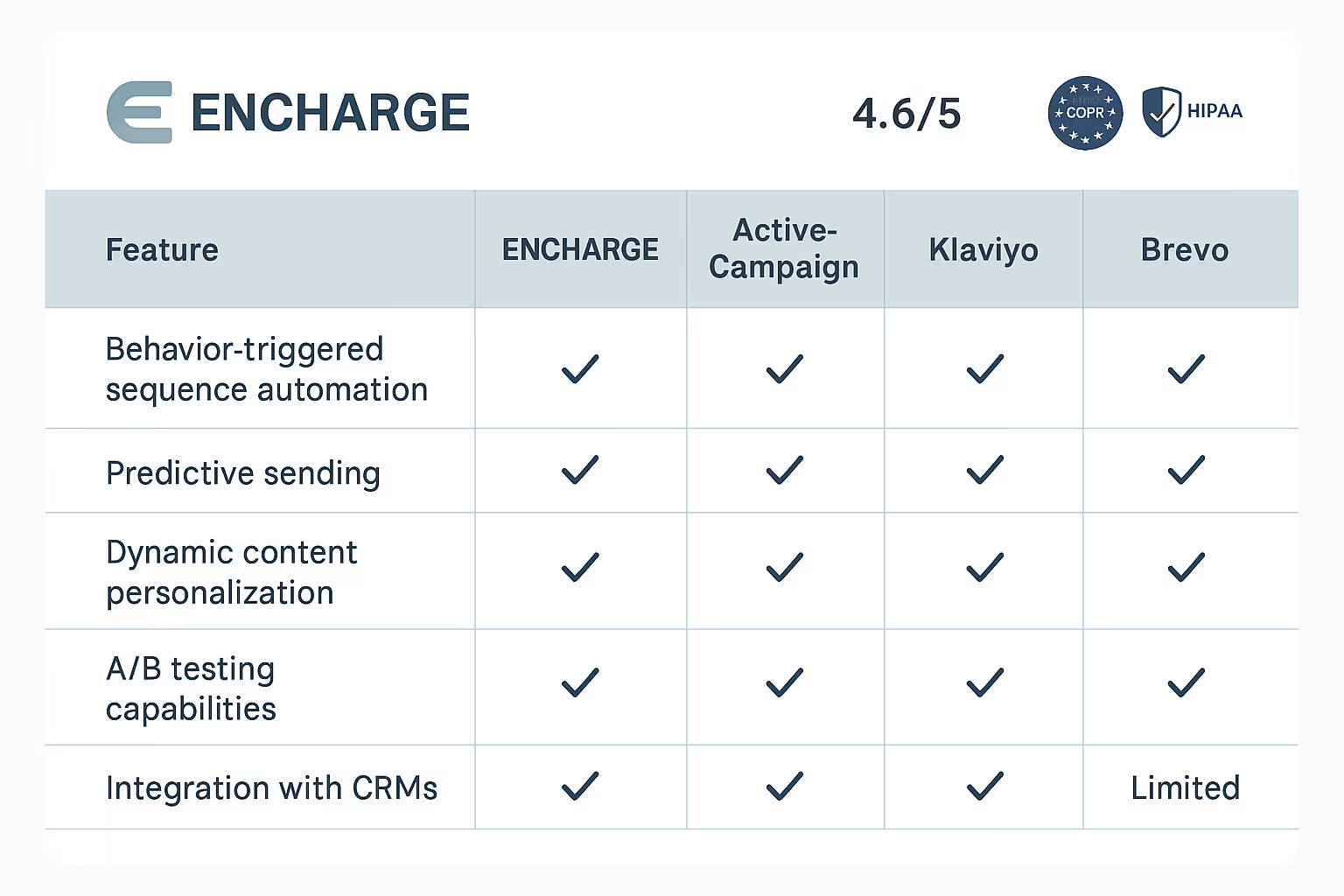
Truly effective implementation requires more than a single tool; it involves a system. Leading solutions from providers like Ben AI focus on creating these integrated automation systems, ensuring your email strategy is both intelligent and scalable.
AI for Engaging Social Media Content: Beyond Automated Scheduling
For MOFU audiences, social media is less about broad discovery and more about reinforcing trust and demonstrating expertise. AI can help you create a consistent, high-value presence that supports the decision-making process. Research shows this is a fast-growing area, with 56% of marketers now using AI for short-form videos and 53% for images.
Strategic AI applications for social media include:
- Content Variation and Ad Creatives: Generate dozens of variations of a social post or ad creative in minutes. This allows you to test which messages, visuals, and formats resonate best with different audience segments on platforms like LinkedIn, Facebook, and Instagram.
- Sophisticated Audience Listening: Use AI-powered social listening tools to move beyond simple keyword mentions. These tools can analyze sentiment and identify emerging topics of conversation among your target audience, providing invaluable input for your content calendar.
- Conversational AI: Deploy intelligent chatbots on your social channels to answer common MOFU questions in real-time, providing instant value and qualifying leads without human intervention. This directly addresses the 41% of marketers who use AI for automated conversational marketing.
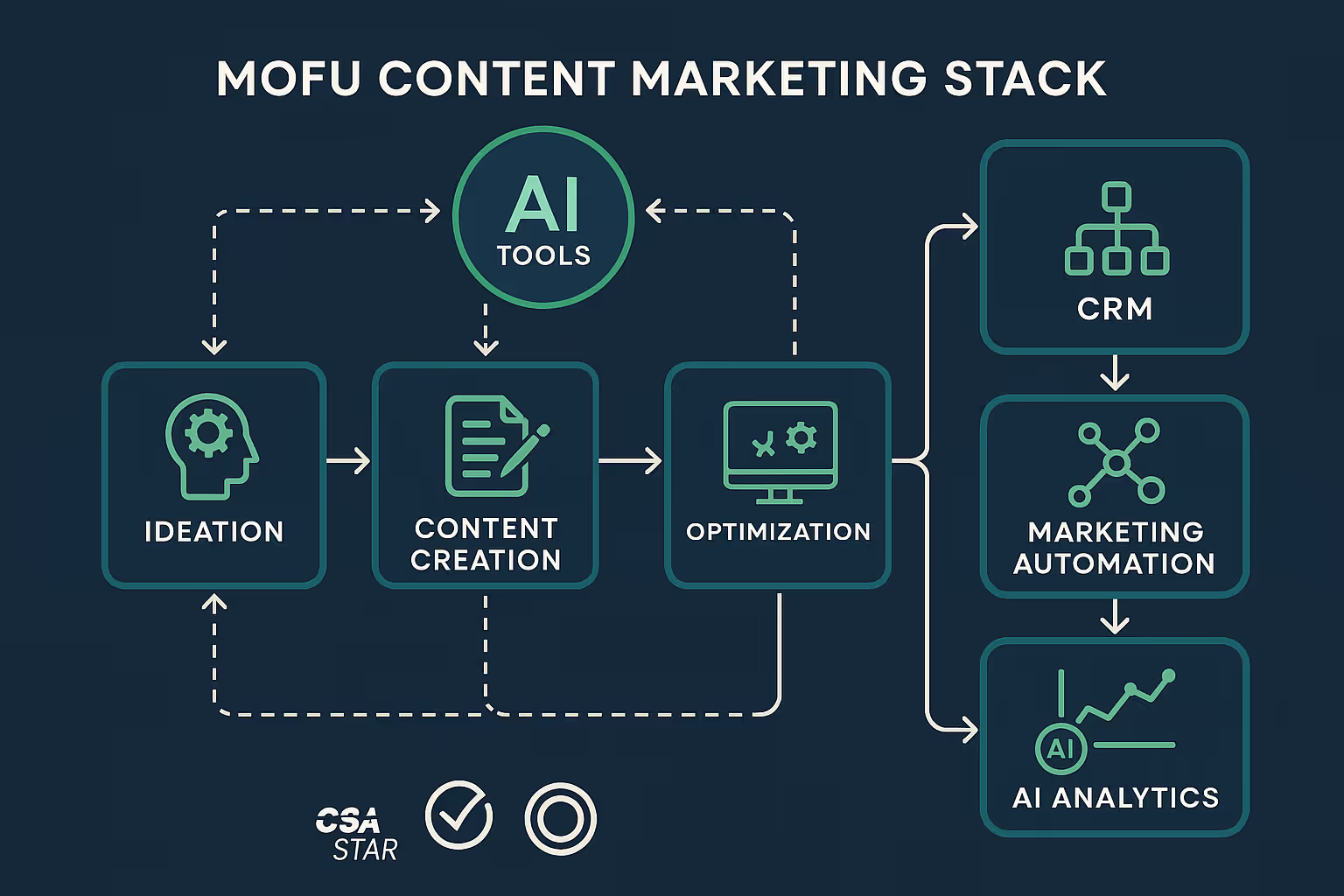
AI for Compelling Video & Ad Scripts: From Concept to Campaign
Video is one of the most powerful content formats for the middle funnel, perfect for product demos, explainer videos, and customer testimonials. However, it's also traditionally one of the most resource-intensive to produce. AI dramatically lowers this barrier.
Here’s how AI streamlines video content creation:
- Script Generation: Generate structured scripts for different video formats. You can provide an outline or a simple prompt, and AI will create a coherent narrative, including suggestions for visuals and calls-to-action.
- Rapid Iteration for Ads: Create multiple versions of a video ad script to test different hooks, value propositions, and closing statements. This allows for data-driven optimization of your video ad campaigns.
- Text-to-Video Creation: Tools like Synthesia and Pictory can transform a text script into a polished video complete with stock footage, voiceovers, and captions, enabling you to scale video production without a full studio. Thinking about how to start? It's easier than ever, especially when using no-code tools to build custom AI agents for content ideation and scripting.
Building Your AI Content Stack: A Blueprint for Integration
The real power of AI is unlocked when you move from using isolated tools to building an integrated content marketing stack. A well-designed stack ensures a seamless flow of data and content from ideation to analysis, creating a true AI-powered engine.
A typical integrated workflow might look like this:
- Ideation: An AI tool analyzes customer data from your CRM to identify key MOFU topics and questions.
- Creation: This insight is fed into a generative AI tool to create draft content (e.g., an email sequence, social campaign, or video script).
- Optimization: Another AI tool analyzes the draft for tone, clarity, and SEO (if applicable) and suggests improvements.
- Distribution & Personalization: The content is loaded into your marketing automation platform, where AI personalizes its delivery based on individual user behavior.
- Analysis: AI-powered analytics tools track content performance, feeding insights back into the ideation stage for continuous improvement.
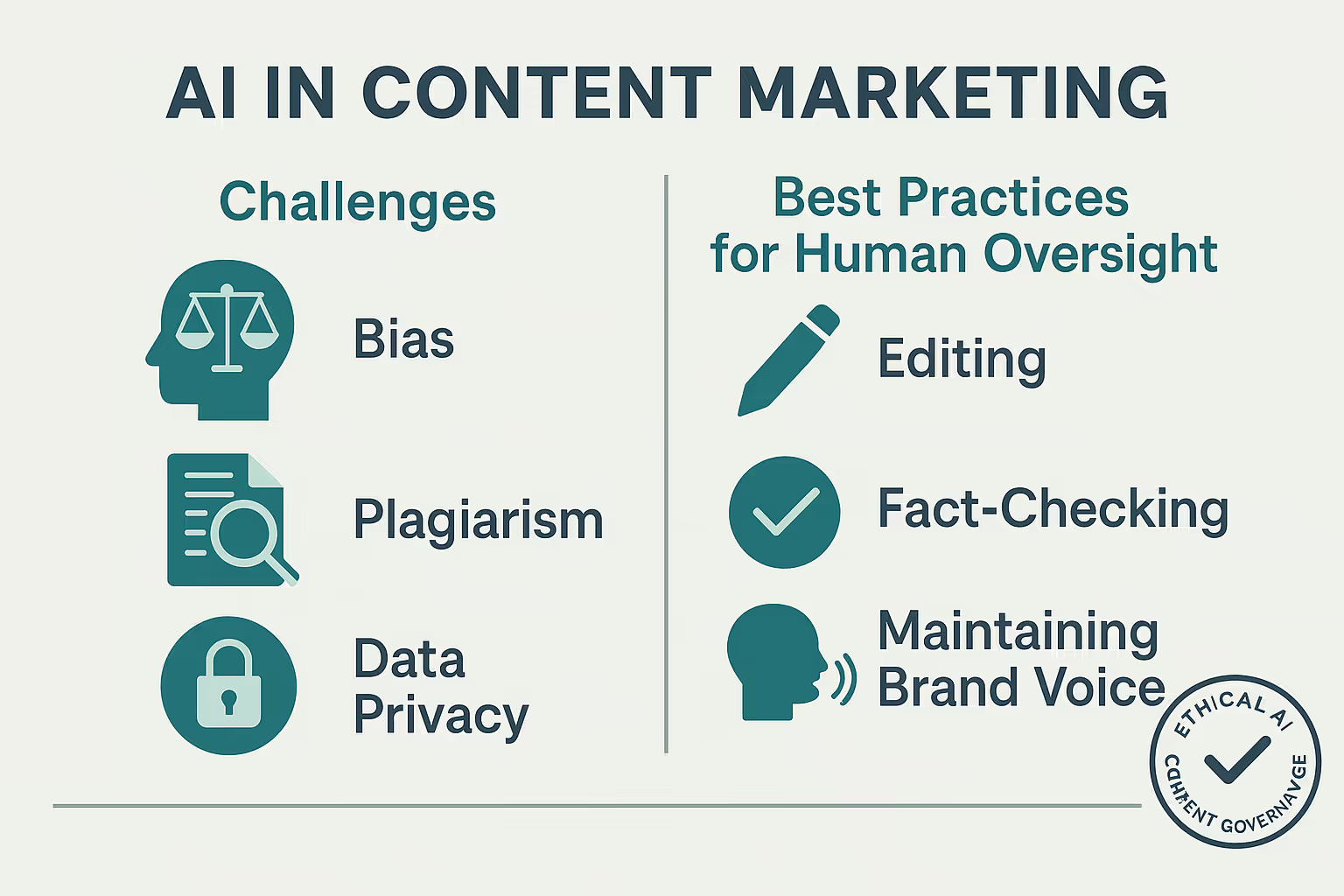
This closed-loop system is the future of content marketing. The key is to design systems that work for your specific business needs, often by using no-code tools to build custom AI agents that connect your existing platforms and automate these workflows.
The Human-AI Partnership: Building Trust and Ensuring Quality
Adopting AI doesn't mean sacrificing quality or authenticity. In fact, for a discerning MOFU audience, trust is paramount. Acknowledging and addressing the limitations of AI is essential for building that trust.
The data is clear: marketers are rightfully cautious. 43% struggle with AI generating inaccurate information, and 41% cite data privacy as a primary concern. The solution isn't to avoid AI, but to implement a strong human-in-the-loop process.
Best practices for a successful Human-AI partnership include:
- Human Oversight as a Rule: AI should generate the first draft, not the final word. Every piece of content must be reviewed, edited, and fact-checked by a human expert.
- Maintaining Brand Voice: Use AI for ideation and structure, but empower your team to infuse the content with your unique brand voice, stories, and personality.
- Ensuring E-E-A-T: AI can't replicate genuine Expertise, Experience, Authoritativeness, and Trustworthiness. These qualities come from your team's insights and experience, which should be layered on top of any AI-generated foundation.
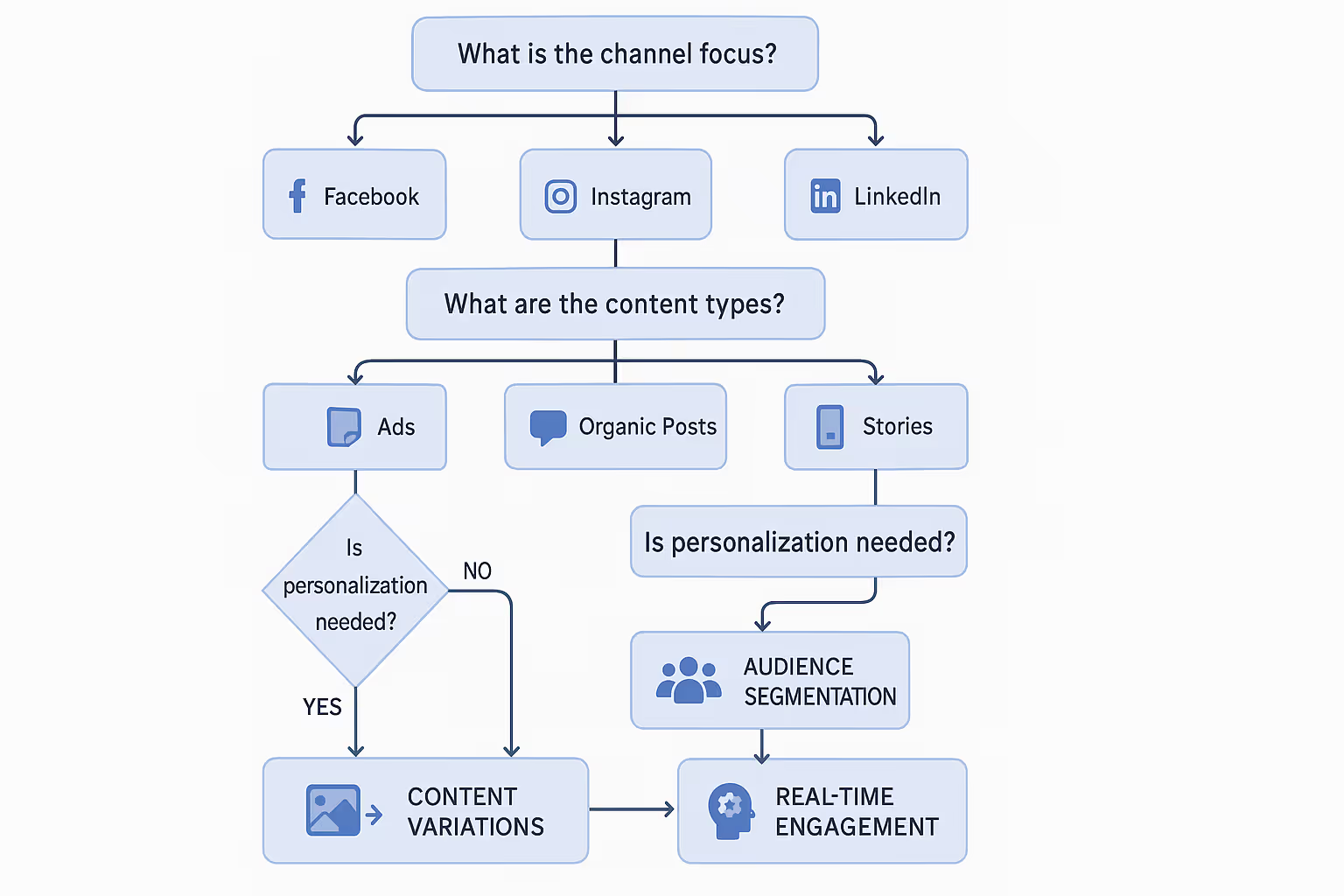
This balanced approach allows you to achieve scale and efficiency without compromising the integrity and trust your brand has worked hard to build. Solutions built by Ben AI are designed with this human-centric principle at their core.
FAQ: Your AI Content Strategy Questions, Answered
As you evaluate AI solutions, these common questions often arise. Here are direct answers to help guide your decision.
1. Will AI make our content sound robotic and kill our brand voice?No, not if used correctly. AI is a tool, not a replacement for your creative team. Use it to generate drafts, overcome writer's block, and scale ideas. The final polish, nuance, and brand personality should always come from your human experts. Advanced AI can also be fine-tuned on your existing content to better match your voice from the start.
2. What's the real ROI of using AI in content?The return is twofold: efficiency and effectiveness. HubSpot data shows nearly 80% of marketers report a positive ROI from generative AI. Efficiency comes from saving countless hours on research, drafting, and creating variations. Effectiveness comes from the ability to test more ideas, personalize content at scale, and deliver more relevant experiences that increase engagement and conversion rates.
3. How do we start without a huge budget or a dedicated technical team?Start small and focus on a single, high-impact use case. This could be automating email variations or generating social media ad copy. Many powerful AI tools are user-friendly, and pre-built AI systems are designed for rapid implementation without requiring a team of developers.
4. Isn't this just for SEO and blog posts?Absolutely not. While AI is excellent for SEO, its value extends across the entire funnel. As this guide shows, some of the most powerful applications are in creating content for email nurturing, social media engagement, video scripts, and personalized ad campaigns—all critical for guiding prospects through the evaluation stage.
5. How do we handle the ethical concerns like plagiarism and bias?This goes back to the human-AI partnership. Always use reputable AI tools that are transparent about their data sources. Implement a mandatory human review and editing process for all content. Use plagiarism checkers as a final backstop. Fostering a diverse review team can also help identify and mitigate potential biases in the AI's output.
From Evaluation to Implementation
The question is no longer if you should use AI in your content strategy, but how you can use it to build a lasting competitive advantage. Moving beyond one-off tools to create an integrated, intelligent content engine is what will separate the leaders from the laggards.
By focusing on the strategic application of AI across the middle of the funnel, you can deliver the right content to the right person at the right time, building the confidence and trust needed to turn a prospect into a customer.
Ready to explore what's possible? Discover more strategies and insights on the Ben AI blog and learn how to build the systems that will power your company's growth.
Join Our Growing AI Business Community
Get access to our AI Automations templates, 1:1 Tech support, 1:1 Solution Engineers, Step-by-step breakdowns and a community of forward-thinking business owners.
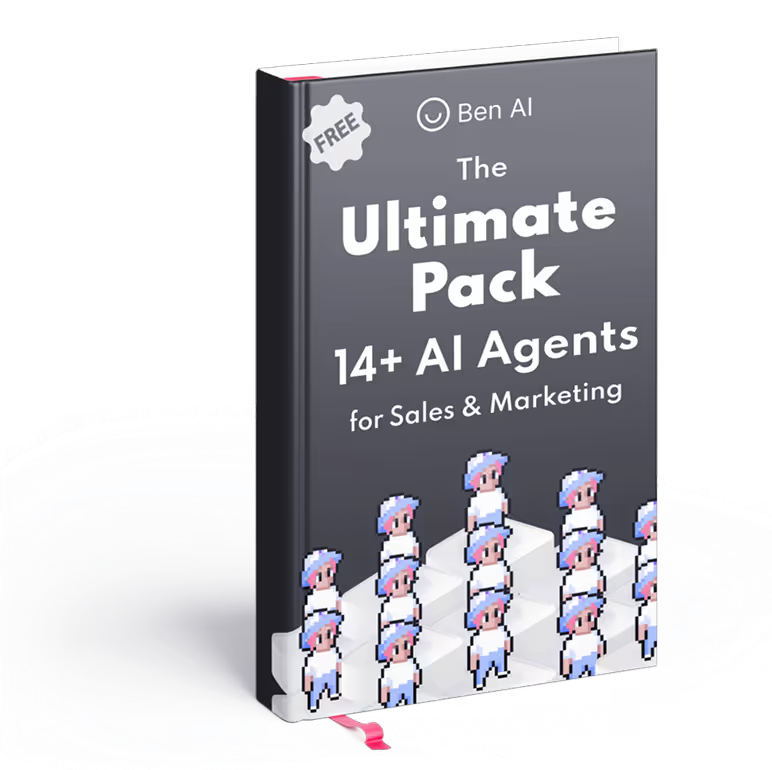
Latest Blogs
Explore our latest blog posts and insights.


